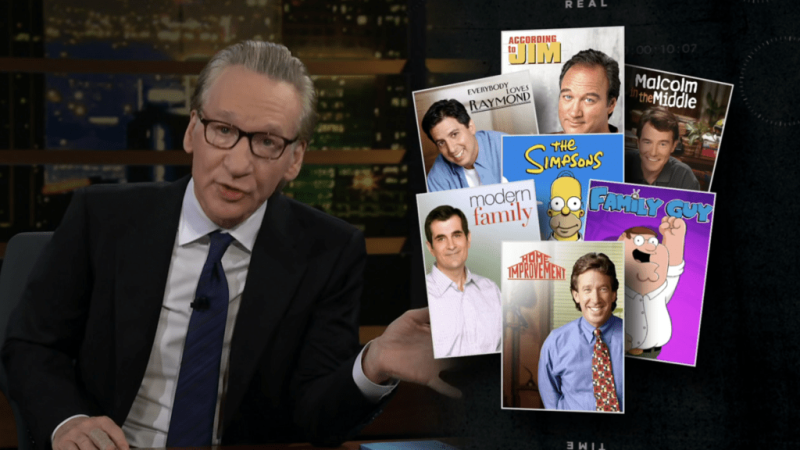
Bill Maher’s 700th episode of *Real Time* wasn’t your typical celebratory affair. Instead, the long-running host launched into a fiery monologue blaming the perceived decline of masculinity in media for the Democrats’ electoral setbacks and the surprising rise of controversial figure Andrew Tate. Maher, never one to shy away from provocative opinions, argued that an overabundance of what he termed “eye-roll, short-bus dads” on television has contributed to a cultural shift he finds deeply problematic.
He painted a picture of a media landscape saturated with what he sees as emasculated male characters, suggesting this portrayal has negatively impacted the perception of masculinity and resonated poorly with a key demographic. This, he claimed, has not only hurt the Democratic party’s appeal but also inadvertently paved the way for figures like Andrew Tate, who present a starkly contrasting, and arguably more appealing, image of masculinity to some audiences.
Maher’s comments, predictably, have sparked a considerable amount of debate. Critics argue that his analysis is overly simplistic, ignoring the complex socio-political factors that influence both election outcomes and the popularity of controversial personalities. Others suggest his focus on masculinity is a distraction from more pressing issues. The discussion highlights the ongoing tension between traditional notions of masculinity and evolving societal norms.
Regardless of whether one agrees with his conclusions, Maher’s comments underscore a broader conversation about representation in media and its potential impact on political discourse and cultural trends. His 700th episode served as a platform not just for reflection on his own career, but also for a provocative and timely commentary on the current state of American society and the role of media in shaping it. The debate continues, and it’s clear Maher’s words will continue to fuel discussion for some time to come.










